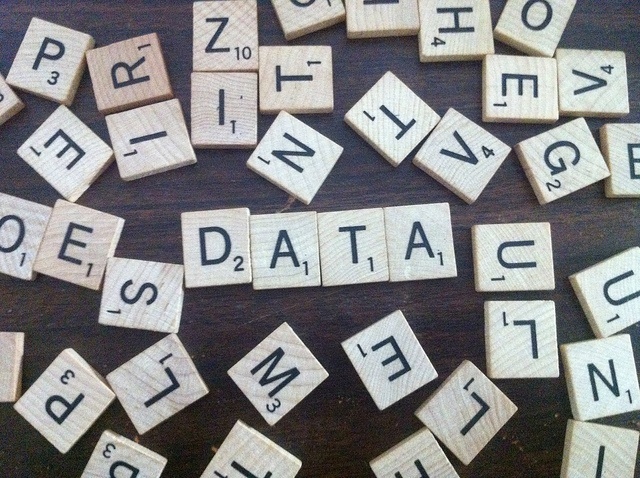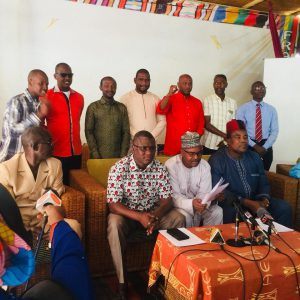

PWYP has been working since its inception for mandatory revenue disclosures alongside the voluntary EITI. Thanks to PWYP’s collective efforts, we now have regulations in the EU, Norway and Canada, as well as laws underway in a number of countries that oblige listed and registered companies to publish their payments to governments for every country and for every project. To build on these recent great successes, Omidyar Network is supporting PWYP to use the vast amounts of data obtained through mandatory disclosures in a meaningful way.
Mandatory disclosures matter because companies in home countries profit hugely from the global extractive sector, but often the information about these profits and how they benefit the host country is difficult to access or lacks crucial information. Companies and governments have a responsibility to diminish the opportunities for corruption or mismanagement. By making payments extractive companies public – for instance how much royalty tax they paid for a mining project – they can reduce the risks for mismanagement of funds. With budget information public and accessible, it also makes the revenues and expenditures from extractive industries more tangible for citizens, who can use that information to hold their governments accountable. Without that information, citizens are unable to engage in decision-making processes that ultimately affect them.
As we have seen many times, communities directly affected by extraction have in most cases not seen any of the benefits from this, despite the overall profits generated. In the case of a revenue sharing policy, communities often do not know if the amount their local government received is the right percentage of the total revenues. And if the revenues do reach local government coffers they are often used for recurrent expenditures rather than for improving the standards of living. In most cases citizens in resource-rich countries still lack access to adequate health and other public services (see our report Human Scars and the case in Niger).
“If we don’t know – and cannot find out – what companies are paying our governments, how can we hold our governments to account?”
– Cielo Magno, the Philippines
Open data is key in changing this. By increasing transparency through making information accessible and by reducing opportunities for mismanagement, there are more opportunities for governments of resource-rich countries to actually feel compelled to invest in their own country’s sustainable and long-term development. But open data in itself is not enough to boost good governance, transparency and accountability. Citizens and Civil Society organisations (CSO) need to know to use the data in meaningful and useful ways.
Next year country after country in the EU will start releasing extractive country and project data and we will have an avalanche of information. This is useful information, information that we have been asking for years. But it is also a lot of data and often complex information. For citizens and CSOs to truly benefit from the data wave that’s about to hit us, we need to know where to look for what in these vast amounts of data. We need to become data experts.
To this end we are initiating an exciting one-year Data Extractors programme for our coalitions in both home and host countries of extractive companies that are subject to mandatory disclosures. The coalitions involved will work on using the data meaningfully, starting next week at our first workshop in Jakarta, Indonesia.
Over the course of a year the PWYP data extractors from Niger, France, Mongolia, The Philippines, US, UK, Zambia, Zimbabwe, Mozambique and Indonesia will be working with each other to use the data through peer learning, twinning approaches, mentoring, workshops and case studies. So watch this space as we continue to highlight the data extractors and extraction!
